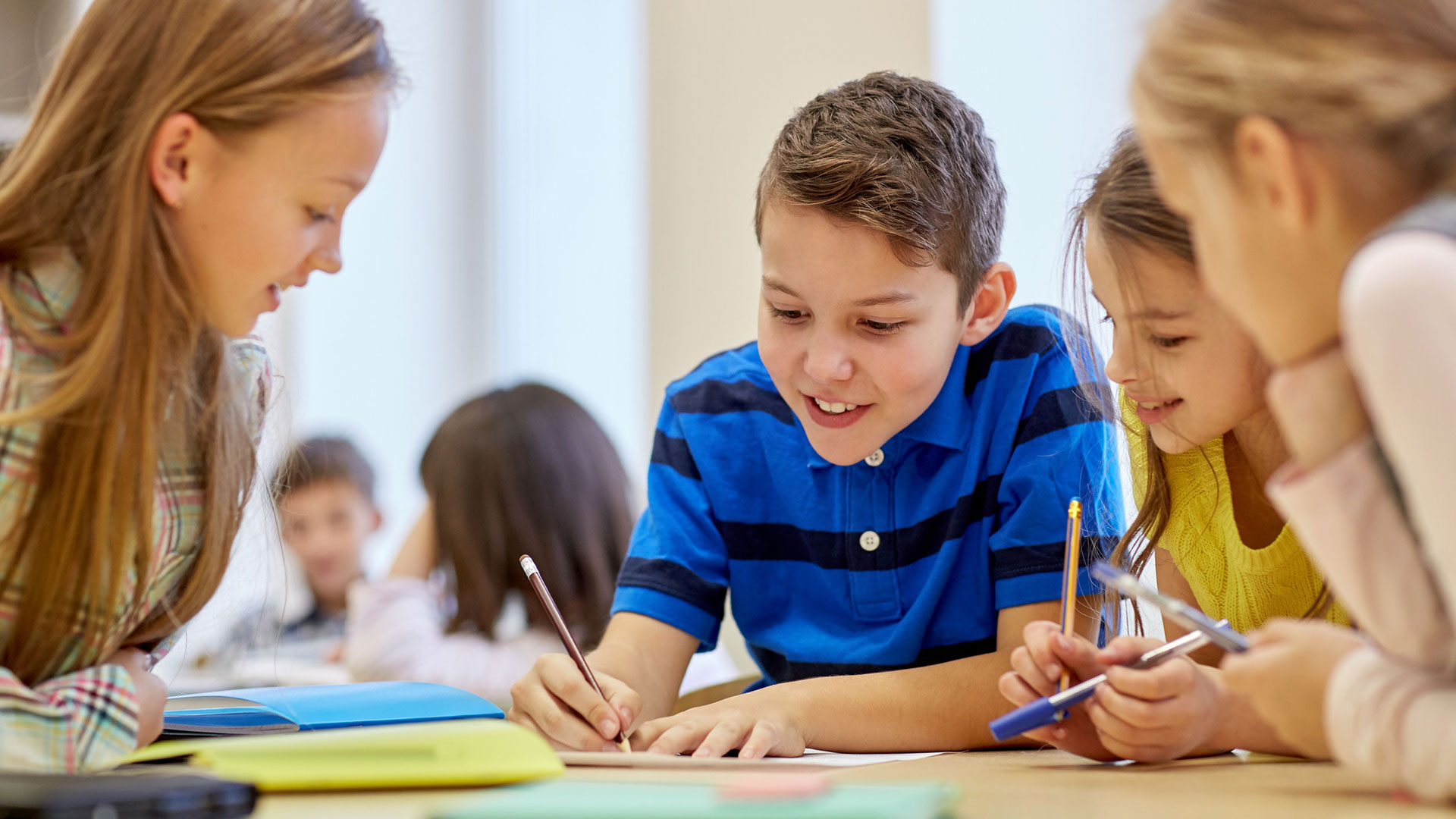Peer error correction and rating could be the key to learning and success. As a student, I used the pencil, the desk, the blackboard (we didn’t have interactive boards back then). All these objects were associated with learning.
However, when taking a test these inanimate objects became instruments of torture because I associated them with the silence in the classroom, with the time limit we were given to complete the test, with the fear of failing. They elicited a negative response.
Years later, when I became a teacher, one of the first things I did was to introduce peer error correction and rating. Peer error correction and rating can indeed be an effective tool for learning and achieving success. When students engage in peer correction and rating, they have the opportunity to learn from their mistakes and receive feedback from their peers. This feedback can help them improve their skills and knowledge, and it can also boost their confidence and motivation.
Text by: Anastasia Spyropoulou
By reviewing and rating each other’s work, students can learn from each other’s strengths and weaknesses. They can identify areas where they need to improve and work together to develop strategies for addressing these areas. Additionally, students can learn from their peers’ mistakes and avoid making the same errors themselves.
Furthermore, peer correction and rating can also foster a collaborative and supportive learning environment. When students work together to improve their skills and knowledge, they develop a sense of camaraderie and teamwork. This can create a positive learning environment that promotes engagement and motivation.
Overall, peer error correction and rating can be a valuable tool for learning and success. Giving students the opportunity to learn from their peers and receive feedback, can help them improve their skills and achieve their goals.
The benefits of peer error correction include:
- Improved learning outcomes: When peers provide feedback and corrections to each other’s work, they can identify areas of weakness and help each other improve their skills and knowledge.
- Increased motivation: Peer feedback can be more meaningful and engaging than feedback from instructors or supervisors, as it comes from individuals who share similar interests and goals.
- Enhanced communication skills: By practicing peer error correction, individuals can improve their ability to give and receive feedback, which can translate into better communication skills in various contexts.
- Overall, peer error correction can be a valuable tool for individuals to improve their performance and achieve their goals, while also fostering a collaborative and supportive environment.
